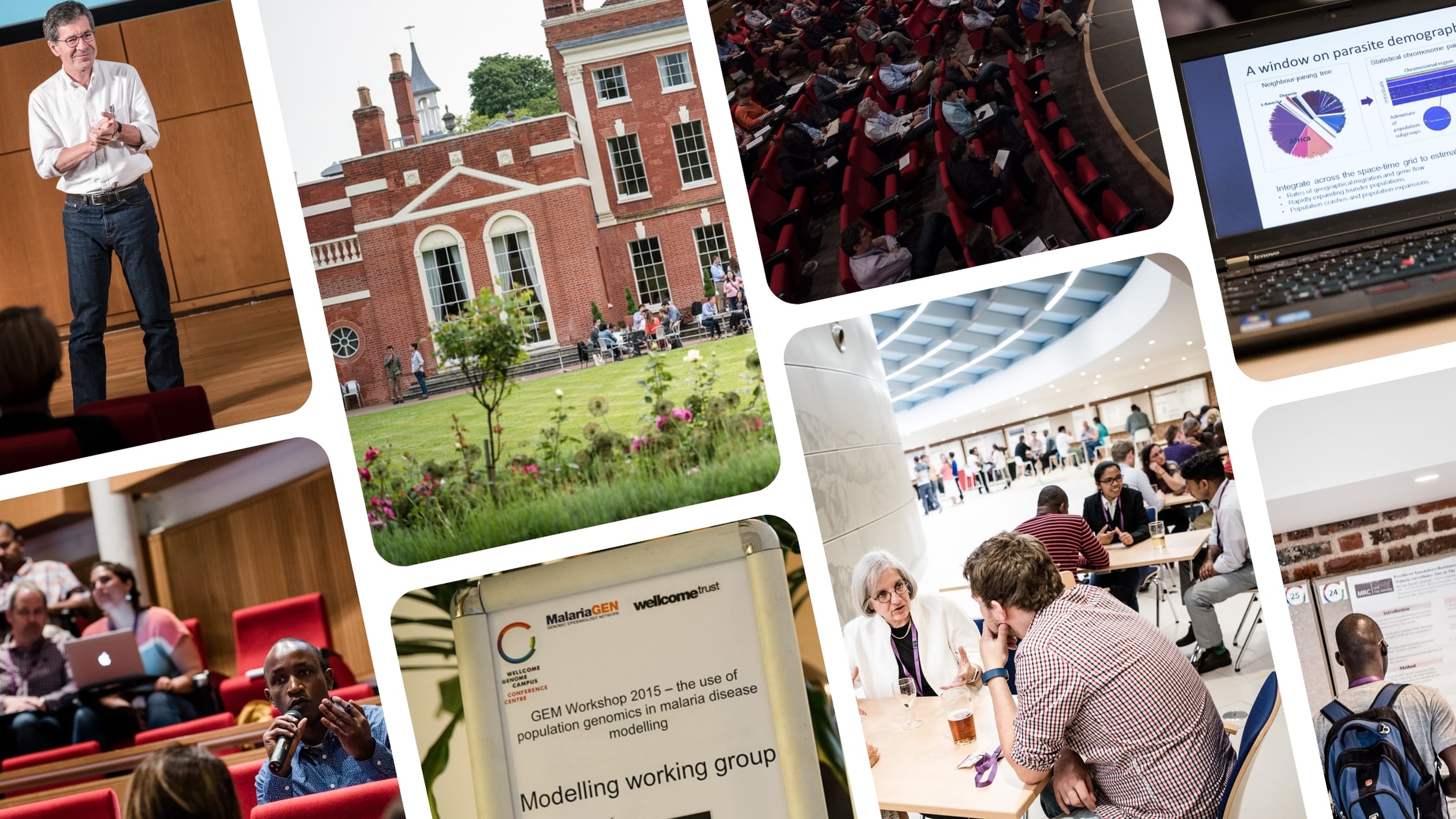To apply, fill out the self-nomination form and email support@malariagen.net
The awards consist of a £5,000 personal award, intended to support the continued development of the awardees’ scientific careers, and will be announced at the upcoming Genomic Epidemiology of Malaria (GEM) conference from 18-20 September 2024.
About the awards
The principal aim of these awards is to provide two exceptional early-to-mid career scientists who have demonstrated expertise and potential for future impact in the application of genomics to the control and elimination of malaria. Two awards will be made in 2024 and the awardees will be invited to receive their prize at the Genomic Epidemiology of Malaria conference. The awardees are responsible for their costs to attend the GEM 2024 conference and may have the opportunity to present their work.
An early advocate of the interoperability of data, and uniting data into well-curated genomic data resources, Prof Kwiatkowski’s legacy will be the harmonisation of data from multiple sources for the benefit of global public health. He was also deeply committed to empowering malaria-endemic country scientists. This award scheme, which is made possible by contributions from family and close friends, is intended to provide support for the professional development of the awardees.
Criteria and application process
The Dominic Kwiatkowski Genomic Epidemiology of Malaria Award is open to researchers within 10 years of receiving their PhD or other terminal degree at the time of closing of applications who have undertaken research in genomic epidemiology of malaria in an institution, university, or public health organisation based in a malaria endemic country.
The area of expertise could be human, parasite, or vector genomic epidemiology or human-parasite or parasite-vector interactions.
In addition, the ideal applicant would have demonstrated the translation of their knowledge to the wider scientific community, in particular this would include scientific citizenship and empowering the next generation of malaria scientists.
The researcher must also be from a malaria-endemic country. They should have a minimum of 3 research publications (including preprint) in genomic epidemiology of malaria with at least one as first or joint first author.
The application process consists of 3 documents.
- Completed self-nomination form
- Applicant’s name and contact details, reference name and contact details.
- A supporting statement (up to 750 words) addressing the question – What is your idealistic vision for the field of genomic epidemiology of malaria in 2034? Ideally your response would be a big-picture view of global activities and progress looking 10 years in the future rather than based on your own research.
- CV including publication record
- Up-to-date CV for the nominee (no longer than 1 side of A4, 11pt text), which should include a summary of their education and career, and a maximum of 5 relevant publications or preprints.
- Reference letter from an appropriate authority
- The referee might be the nominee’s post-doctoral or PhD supervisor, line manager, project manager or mentor.
- The referee should be copied into the application email.
- Each referee may only support one application.
- Referees should state their relationship (if any) with the applicant.
- The reference should be a maximum of 750 words.
Submissions will be examined by the GEM organising committee. Two prizes of £5,000 will be awarded.
How to Apply
- Scheme opens 2nd May, 2024
- Application process closes 4th June, 2024
- Applications should be submitted to support@malariagen.net
About Professor Dominic Kwiatkowski

Dominic was a paediatrician committed to fighting malaria. He founded MalariaGEN in 2005, which proved hugely successful. Now, it is a data-sharing community with collaborative projects based across 40 countries, exploring genomic diversity in malaria parasites, mosquito vectors, and the human host. Dominic pioneered the use of genomics both to monitor malaria parasite and vector populations to inform public health interventions, and to explore key evolutionary processes in action.
